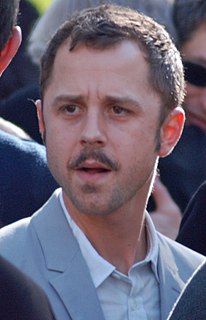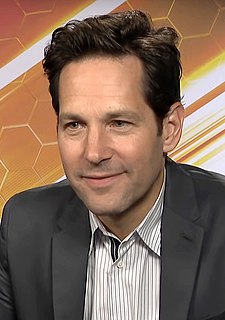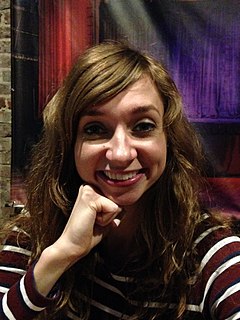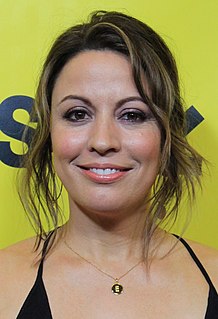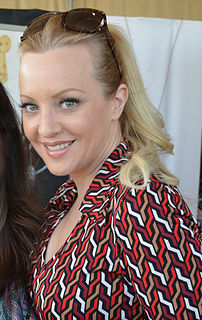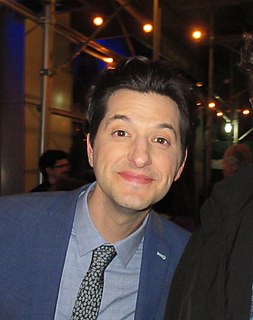A Quote by Steve Buscemi
I never did improv professionally, but that was certainly in my training as an actor. I like it.
Related Quotes
Ladies like improv stilts, and I think men like improv giant cocks. But one of the great things about improv is that you get to play some roles you'd never get to play otherwise, you know, like the old Italian pizza-maker who's passing on the business down to his son. You get to play it all when you improvise.
I was on the improv team in high school, and after I graduated, I joined an improv company that had been established 10 years prior to me getting there. They did longform improv, and I fell in love with it. It's acting, character creation, collaborative, artistic expression and comedy - and it's scary. It was a big rush.
Improv is more than just spitting out a bunch of funny stuff that's unrelated to the material. You have to stay in character, you have to react and respond as the character you're trying to play. You have to service the story, and I think improv training has helped with my listening, responding, and my audition technique. It's sounds so silly, but it's true. Because not only do you improvise during the audition, but once you get the part, they'll say, "Throw away everything. Just improv this scene. Do whatever you want." Someone could panic if they're not used to doing something like that.


